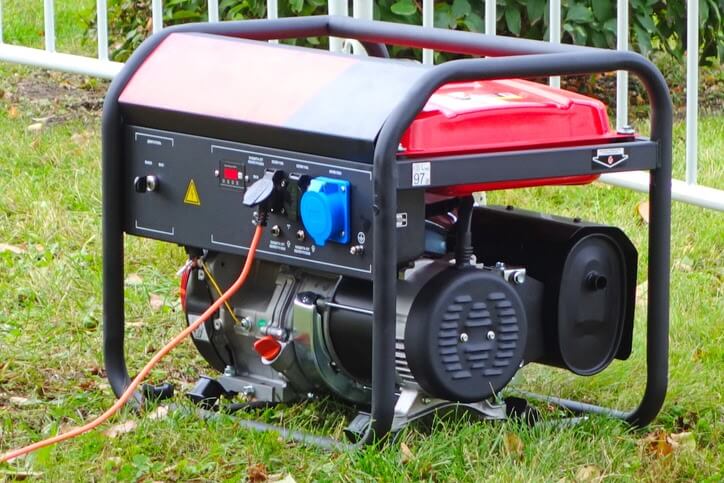You wake up one morning as the sunlight begins shining through the window, birds chirp in greeting, and a feeling of contentment falls over you. A decision has been reached. You’ve decided to buy a generator, yet a shadow of doubt lingers at the back of your mind. What sort of generator fuel should you choose for your new purchase?
There are many different generators on the market today, and they have a variety of options for fuel. Some are limited to only one, while others can run on more than one type. Paying attention to fuel type is important when choosing a generator, and the best way to make a decision is by making an informed one. The most commonly used fuels are gasoline, diesel, natural gas, and propane. So let’s look at those to get you on the road to making an informed choice.
4 Common Generator Fuels
Gasoline
Good old fashioned gasoline, widely available at a gas station near you, is usually the first choice. Building a good emergency supply is easy with how available it is, but limited in the sense of the relatively short shelf life of gasoline. While there are ways to extend gasoline shelf life, you are still limited. Another issue is that in the event of emergency, supplies typically run low due to everybody stocking up.
If your generator is intended to be a standby model for your home, you probably won’t find one that uses gas. Those are typically only the portable or recreational models. It does have better stored energy potential then propane or natural gas, but less then what you’ll find in diesel.
Propane
Generally considered safer than gasoline, propane can be dangerous in the event of a leak. It is a clean burning fuel with no limit on it’s shelf life, making it ideal for use in emergency backups. The storage tanks for home use range in size from 100 pound bottles to massive 250,500 tanks. While easily available, it’s not as straightforward to stock up on like gasoline since it must be stored in pressurized tanks. Energy output for propane places it higher than natural gas, but on a lower order than gasoline and diesel.
Diesel
A far more stable fuel than gasoline, and far less volatile, diesel offers a safe option while providing more energy. Diesel is used in all sizes of generator, and you will generally find it to be among the most cost effective options. The engines themselves have a good reputation for reliability of performance, and longevity of product with good maintenance. Something to keep in mind is that diesel engines don’t use spark plugs, so there are some special equipment needed to maintain them.
Natural Gas
The final entry on our list, natural gas is widely available for consumers and is one of the most cost effective options on the market. While it has less energy output of the fuels listed here, it is perhaps the most popular option. Of the generator types that use this fuel, standby generators are the most common, through the ease of them clicking on during a power outage and the easy way fuel delivery occurs. Living far out in rural areas may make this option unavailable to you, but it does have no storage requirements on your end when you can get it.
Concluding
So there we have 4 fuel options to consider when thinking about a generator. All will probably work out for you, but as we have mentioned, some have advantages over the others. When you’re ready for some refueling, look us up.
